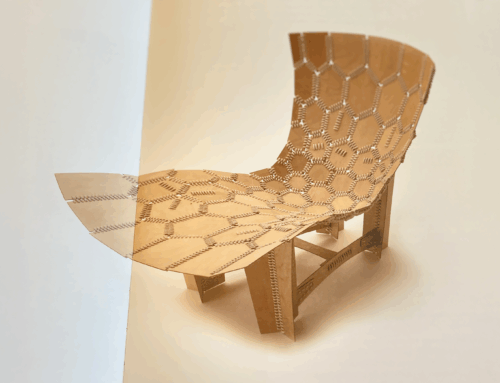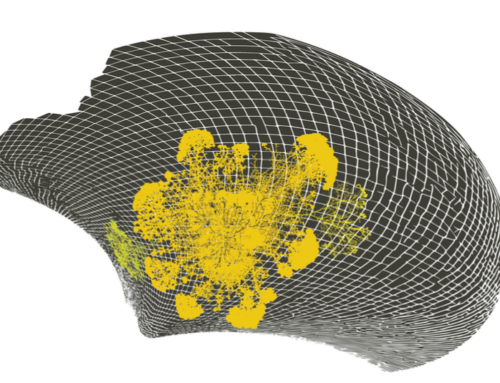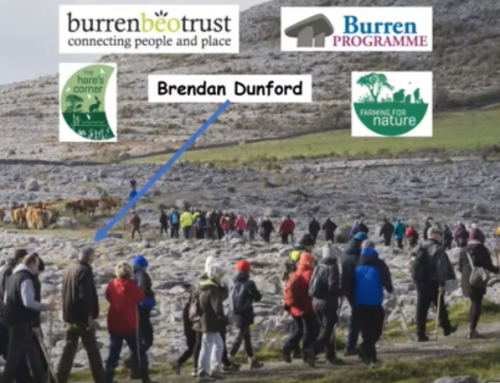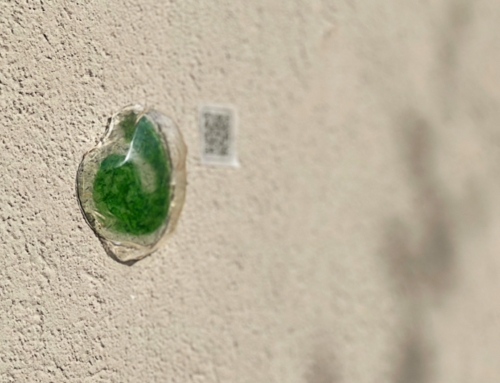With allotment waiting lists in the UK massively over-subscribed, and people right across the country keen to grow their own fruit and vegetables, a new project called Landshare aims to make British land more productive and fresh local produce more accessible to all.
Within days of registration being opened, thousands of landowners and would-be gardeners have signed up. A website, hosted by a television network, Channel 4, enables people to find land where they can grow their own; offer land in return for produce; identify land suitable for planting; and build a growing community.
“The sort of land could be a garden share, a yard behind a company, a slice of a farmer’s field, or a flat roof capable of taking the weight of a few pots” say the producers. “We don’t limit the variety or size of plot, nor who should get involved. The scheme is for individuals, families, businesses and organisations”.
Landshare is not just about private gardens. Many organisations have large and under-used banks of land – utility companies, property developers, supermarkets, government bodies, charities – and churches.
Among 140 different religious groups in the UK, say Landshare, the Church of England on its own is one of the country’s biggest landowners. Extraordinarily no-one, including the Church itself, knows exactly how much land it owns. “It is likely to be over 250,000 acres but could be considerably more” say the Landshare team.
It seems as if Landshare has been inspired in part by a project called Garden Share in Totnes, home of the Transition Towns movement. The Totnes service, too, matches enthusiastic growers with local garden owners who want to see their gardens used more productively.
The Totnes project was always conceived as a long-term community initiative with people gardening the land year after year if possible. “Every person who grows more of their own food is taking an important step towards greater local food resilience” say the Totnes team.
How well and how fast might the Landshare project scale up nationwide?
One of the key lessons we learned in the Move Me project, in Dott 07, was the importance of building trust between participants. Move Me was a ride-share service, and no parent would countenance sending a child to school in a car driven by a stranger.
Websites that match people wanting to go cheaply from A-F, with drivers of vehicles with empty seats, appeal to a limited demographic of, for the most part, sturdy able-bodied students. For everyone else, a precondition for being ‘matched’ is learning to trust people during face to face encounters.
Parents and staff in a school community (where Move Me was based) already know each other. How different is sharing a garden, or the field behind a church? We shall see.
Meanwhile, back in the global economy, re-localisation proceeds at an impressive pace. The Baltic Dry Index (below) provides an assessment of the price of moving raw materials by sea – such as 1.000,000 metric tons of rice from Bangkok to Tokyo. Demand in the market right now is heading vertically towards zero.






